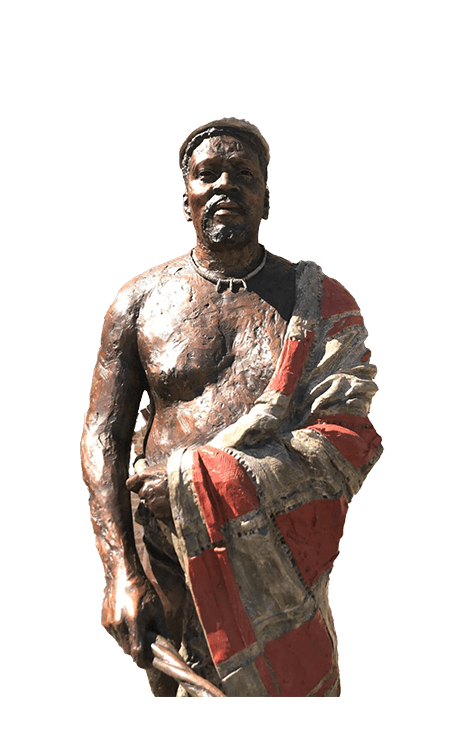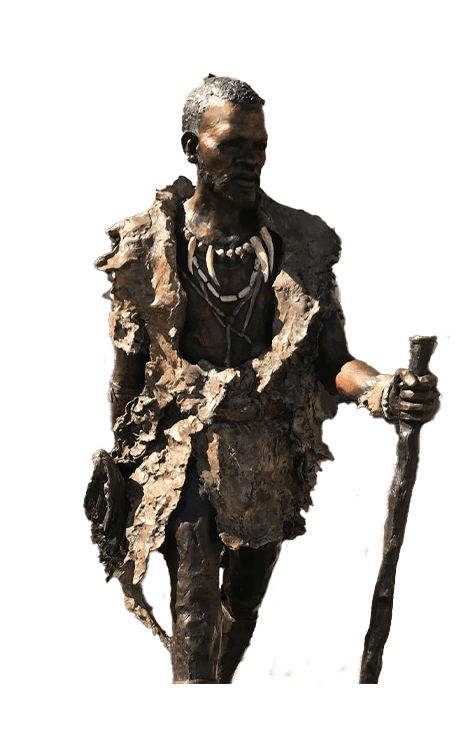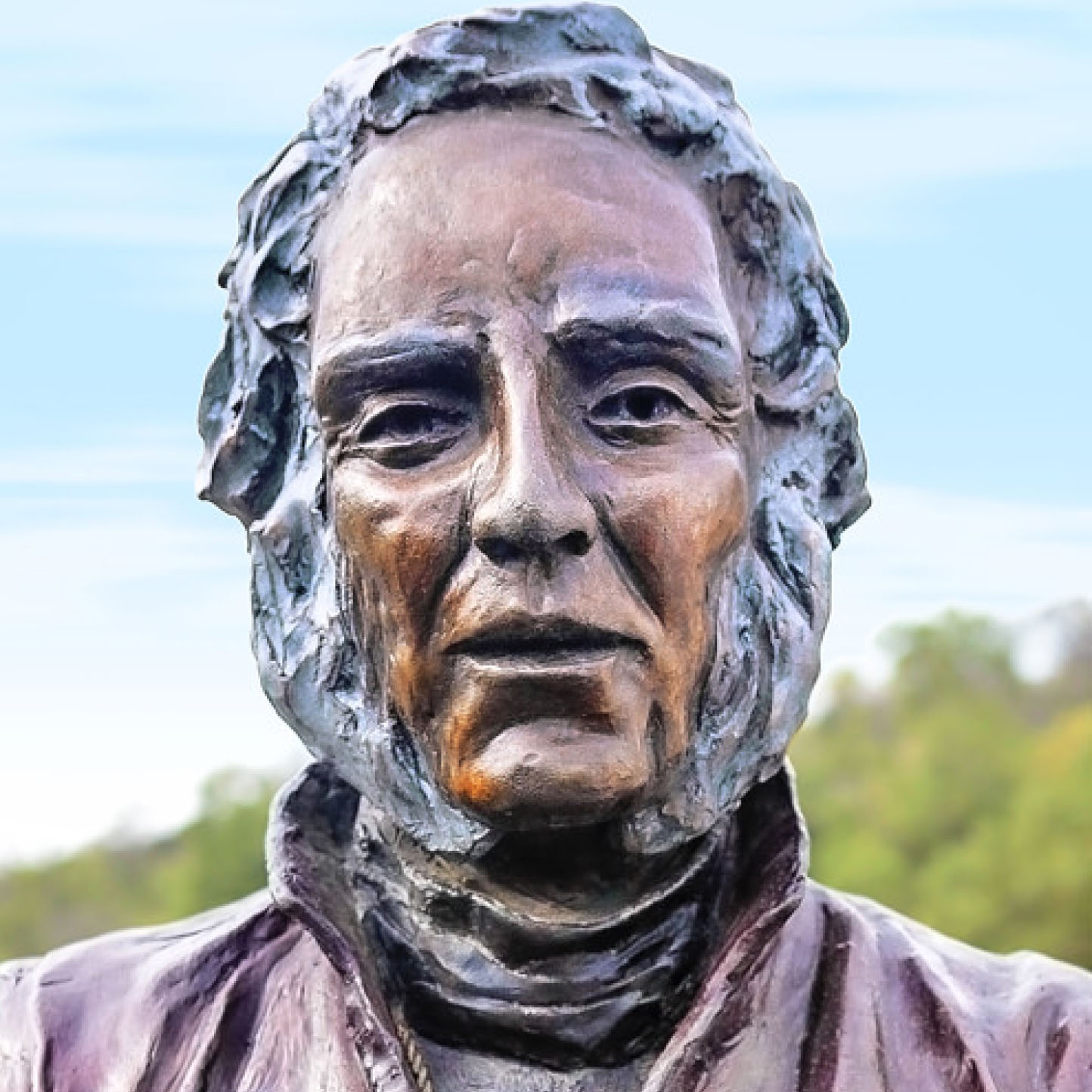
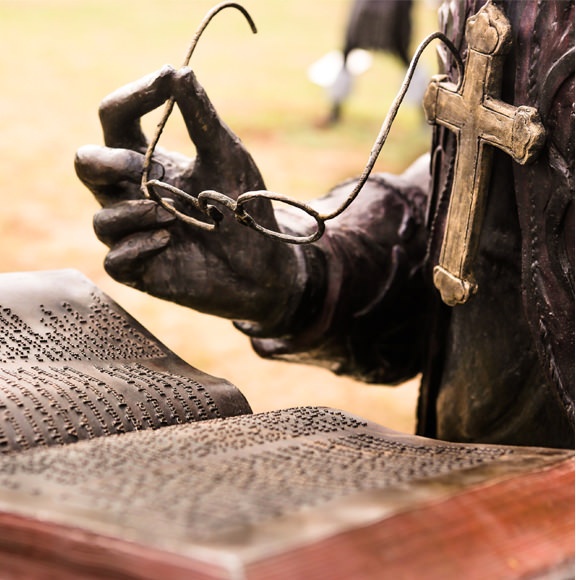
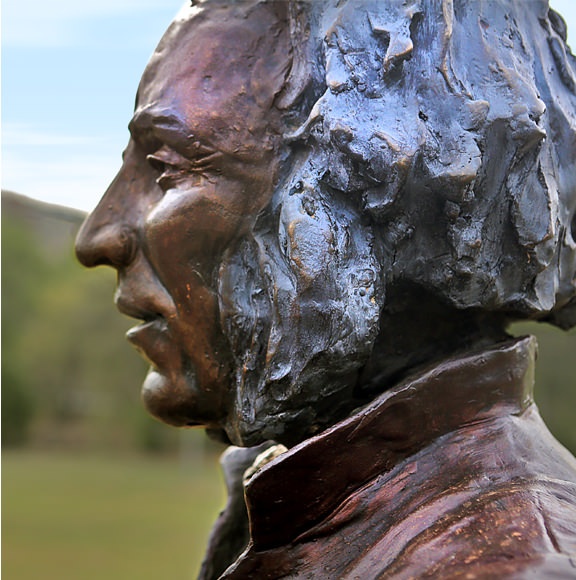
"We need only consider well the statements made in the books themselves, by whomsoever written, about matters which they profess to narrate as facts of common history. If we do this, we shall find them to contain a series of manifest contradictions and inconsistencies, which leave us, it would seem, no alternative but to conclude that main portions of the story of the Exodus, though based probably on some real historical foundation, yet are certainly not to be regarded as historically true."
- Bishop John Colenso, ‘The Arithmetic of the Pentateuch. The Pentateuch and book of Joshua critically examined’, 1862
Bishop John William Colenso
1814 - 1883
First Anglican Bishop of Natal, 1853
John Colenso was born in Cornwall, England. From an early age Colenso was passionate about mathematics but also had a strong desire to become a priest.
He matriculated at St John's College in Cambridge, where he distinguished himself in mathematics, but did not have the money to study further. Instead he won prizes and scholarships and managed to support himself by teaching mathematics and by publishing a number of books on the subject.
Colenso was ordained as a minister in 1839 and in 1853 was offered the newly-created Bishopric of Natal after eight years in a country parish in Norfolk, England. He settled at Bishopstowe, near Pietermaritzburg, in KwaZulu-Natal and threw himself into missionary work. Within two years of being in South Africa he oversaw the construction of a cathedral in Pietermaritzburg and two churches in Durban and Richmond.
Colenso became an outspoken and influential advocate of African rights. He vigorously protested Natal's banishment of Chief Langalibalele in 1874 and later helped to secure his release. He opposed the Anglo-Zulu War of 1879 and later helped to secure the reinstatement of King Cetshwayo as the Zulu monarch in 1883.
Colenso learned Zulu and embraced Zulu practices, published the first English/Zulu dictionary and translated the New Testament into Zulu. He was bitterly criticised for his tolerance of Zulu practices and for his view that the Old Testament was not literally true. He opposed the Anglican Church's belief in eternal punishment for sinners and accepted polygamy among the Zulu people, resulting in a charge for heresy of which he was convicted in 1863, but acquitted on appeal a year later. He was eventually deposed as Bishop and excommunicated by the Church, but continued as an advocate for the Africans who had been so unjustly treated by the colonial regime in Natal.
With the help of his formidable daughters Harriette and Frances, he carried on preaching and writing against Britain's subjugation of the Zulu, both before and after the Anglo-Zulu War of 1879. His Zulu followers called him Sobantu ('Father of the People') and are said to have referred to Colenso as the last honest white man.
Bishop Colenso died in 1883 of an unidentified illness. Just over a year later, a fire destroyed most of the Bishopstowe mission house, which he had helped build and in which he had lived until his death.
